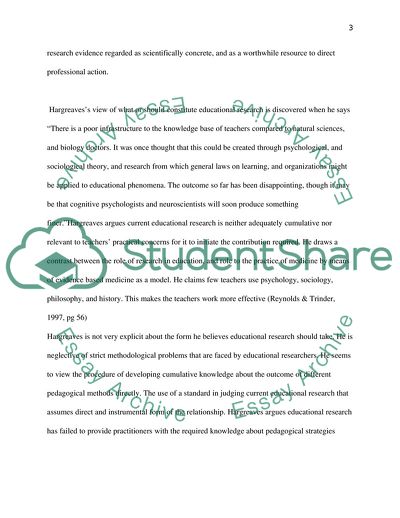Cite this document
(Educational Enquiry Report Example | Topics and Well Written Essays - 1500 words, n.d.)
Educational Enquiry Report Example | Topics and Well Written Essays - 1500 words. https://studentshare.org/education/1765952-educational-enquiry
Educational Enquiry Report Example | Topics and Well Written Essays - 1500 words. https://studentshare.org/education/1765952-educational-enquiry
(Educational Enquiry Report Example | Topics and Well Written Essays - 1500 Words)
Educational Enquiry Report Example | Topics and Well Written Essays - 1500 Words. https://studentshare.org/education/1765952-educational-enquiry.
Educational Enquiry Report Example | Topics and Well Written Essays - 1500 Words. https://studentshare.org/education/1765952-educational-enquiry.
“Educational Enquiry Report Example | Topics and Well Written Essays - 1500 Words”. https://studentshare.org/education/1765952-educational-enquiry.


